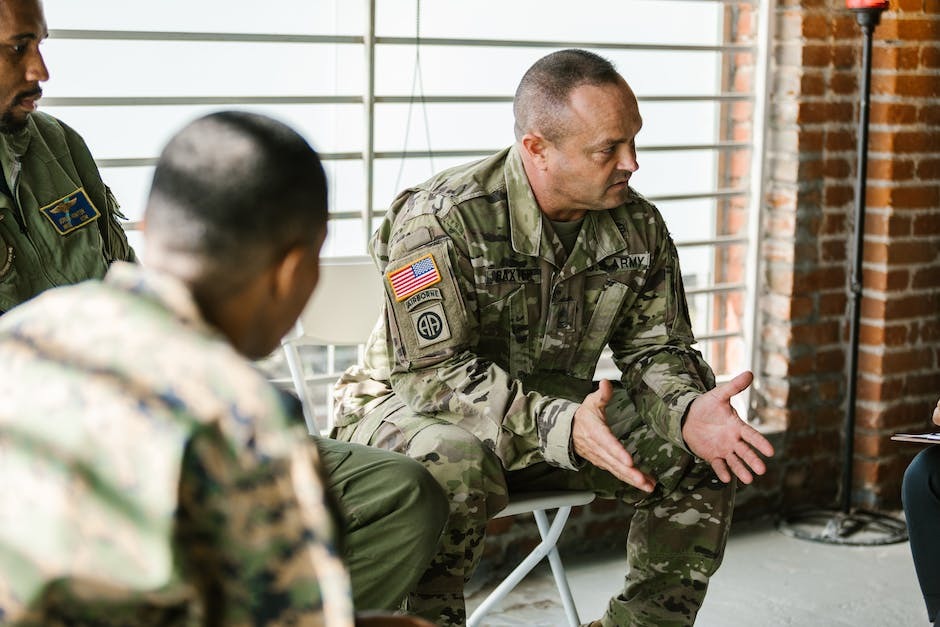Treatment and recovery can lead clients to withdraw from others and live in a state of self-isolation. However, recovery is not meant to be an isolated journey. Having a support system inside and outside of the treatment facility is vital for long-term sobriety and recovery success. Having this support system helps clients remember that they are not alone. Group healing is an essential element for this success.
At First Steps Recovery, clients in the workforce often experience trauma and addiction because of their work environments. Group healing is important for reminding clients that their experiences are not isolated. Hearing stories from those in similar work situations is important for the healing and recovery process.
How Can I Heal From Work-Related Trauma and Addiction?
Work-related trauma can be caused by a number of factors. Each field of work is different, and employees experience different kinds of trauma. Especially for clients who work in more dangerous environments – such as firefighters, EMTs, or police officers, for instance – traumatic events can accumulate and lead to a number of mental health concerns. Acts of violence, accidents, or even natural disasters can also affect one’s mental health. When experiencing these traumatic events, employees may turn to substances to help them cope.
Using addictive substances often leads to the development of substance use disorder (SUD). SUD can ultimately worsen one’s trauma symptoms on both physical and emotional levels. It is important to find ways to heal from work-related trauma and addiction in order to live healthier and happier lives. Healing from both is also crucial for maintaining inner peace in one’s work environment post-treatment in recovery.
When healing from work-related trauma, it is important to keep a mindful routine that steers one away from drugs and alcohol. These routines can help prevent addiction and substance dependency. Some of these routines can include spending time with loved ones or supportive friends, being mindful about eating and sleeping habits, exercising, finding coping mechanisms to improve stress, and setting realistic goals. However, some clients require more clinical treatments alongside these holistic and self-care measures. In some cases, it is essential to seek group healing therapies in addition to individual clinical options.
How Does Group Healing Support My Recovery?
Group healing supports one’s recovery journey regardless of the field the client works in. It is natural for humans to come together and communicate with each other, which makes group healing a natural part of recovery. Group healing reduces the amount of time clients spend isolated. As mentioned previously, isolation can lead to mental health disorders and other negative effects on recovery. Having a support group and feeling like one is welcomed in an understanding community can be significant for creating a successful recovery.
Group healing helps clients build meaningful and nonjudgmental relationships with other clients. The group setting also allows clients to feel heard, seen, and understood. Sometimes this element is missing in clients’ lives, leaving them feeling misunderstood and alone.
For those in the workforce, having group healing sessions with clients of the same or similar profession helps build a small community. This helps those in the workforce be able to understand each other on a deeper level as other clients may have experienced the same emotions or events firsthand.
Group Healing at First Steps Recovery
At First Steps Recovery, group counseling and group therapy sessions are offered to all clients. These sessions are recommended in order to build community, strengthen one’s interpersonal skills, enhance emotional intelligence, and develop a support system at the facility. There are both clinical and holistic options for group therapy.
Clinical Group Healing Methods
During clinical group therapy sessions, clients are able to express themselves verbally to the other clients in a nonjudgmental environment. Speaking about one’s experiences, emotions, addictions, and recovery journey can offer guidance, support, and hope to others in recovery. Hearing other people’s journeys, no matter what stage they are at, reminds clients that there is hope for a healthier and happier life without depending on substances.
Holistic Group Healing Methods
First Steps Recovery offers many holistic group therapies as well. These include art therapy, music therapy, trips and outings, recreation, yoga therapy, horseback riding, and wilderness experience. Holistic group healing is an important piece of recovery where clients learn to work with others productively, build relationships, and express themselves in a variety of ways. These services help clients heal themselves in mind, body, and spirit, which increases the chances of long-term recovery.
For those in the workforce, having a combination of clinical and holistic group therapies is important for improving social skills and learning new coping mechanisms. Learning new ways to work through difficult feelings outside of clinical therapies is important. One reason is that these holistic activities, such as art or music, can be incorporated into one’s normal routine outside of treatment. Furthermore, it is important for those in the workforce to have healthy outlets to turn to when they return to their normal routines.
Here at First Steps Recovery, we emphasize the importance of group healing for clients, especially those in the workforce. The workforce can bring about stress, trauma, and other overwhelming feelings or experiences that may lead to addiction. Healing in a group setting is important for clients as it is human nature to come together in communities. Building a community within a treatment facility is essential in recovery, too. Clients can learn from each other, build trust, and avoid becoming isolated. First Steps Recovery offers clinical and holistic services for group healing. Both types of healing can be significant elements of recovery and long-term sobriety. To learn more about group healing, please call us at (844) 489-0836.







